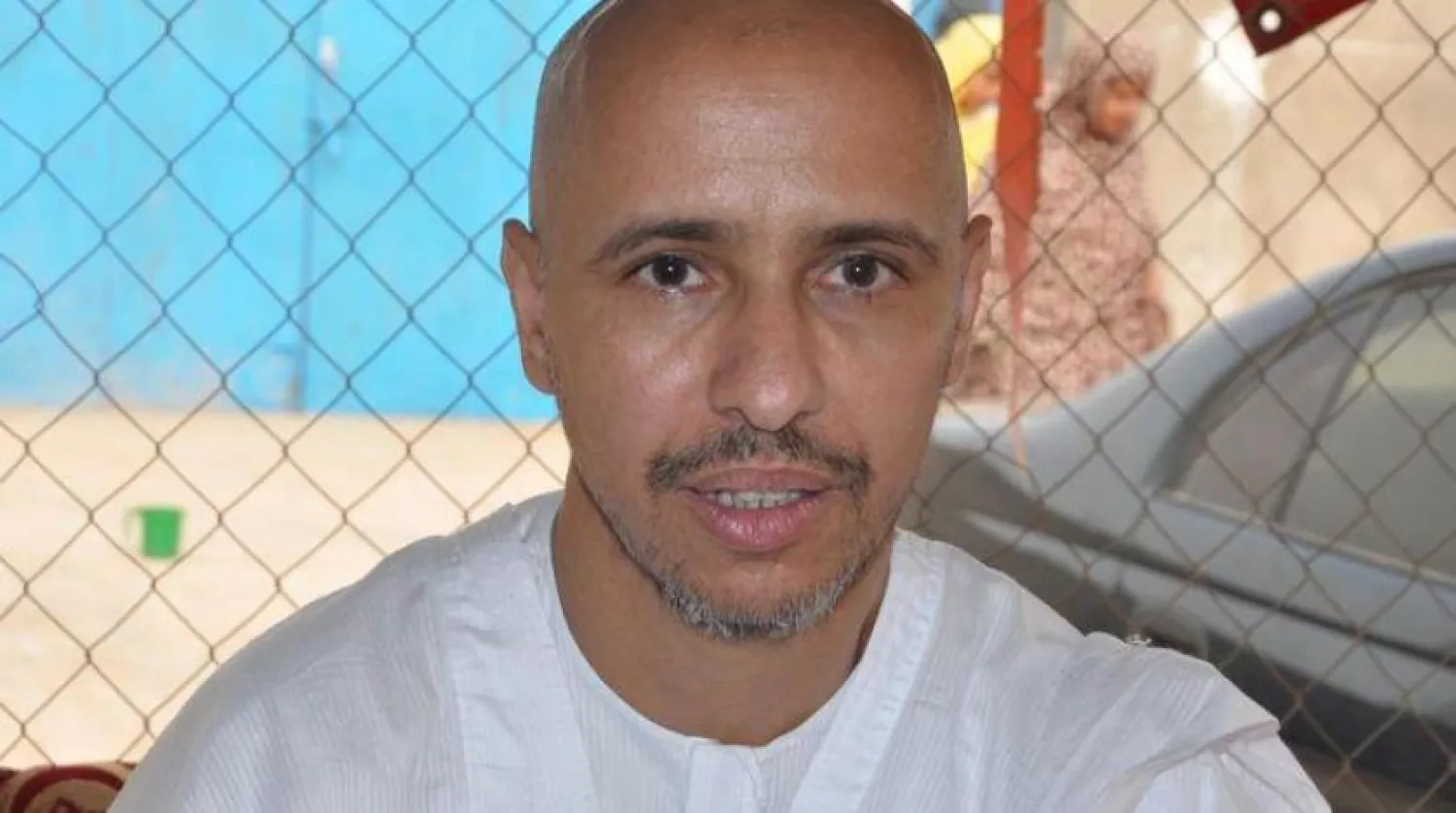A former Guantanamo detainee who spent 14 years without trial and whose story was told in the hit film "The Mauritanian," is suing Canada over its alleged role in his detention.
Mohamedou Ould Slahi, 51, claims that Canadian authorities provided false information concerning the period when he was a permanent resident in Montreal in 1999, which led to his arrest and subsequent torture at the infamous US prison, according to his complaint filed on Friday and reviewed by AFP.
Slahi is seeking 35 million Canadian dollars (28 million US dollars) for the damages he suffered.
In the lawsuit, Slahi says he faced "physical beatings, sleep deprivation, forced standing, incessant noise, sexual assault, mock assassination, death threats, religious humiliation, and more" while at Guantanamo.
"Slahi's detention and maltreatment were prolonged because the receipt and use of forced confessions by Canadian authorities validated the continued torture and detention," his lawyers said in the complaint.
Slahi's story was a best-selling book that was adapted for the screen.
The film, starring Tahar Rahim and Jodie Foster, accurately depicts the extreme conditions on the American base.
Following the September 11 attacks on the United States, Slahi came under suspicion of involvement in an unsuccessful plot to bomb Los Angeles in 1999.
Arrested in 2001 in Mauritania, he was then successively imprisoned in Jordan and Afghanistan, before arriving at Guantanamo in 2002, in what he called in his book a world tour of torture and humiliation. He was released in 2016.









